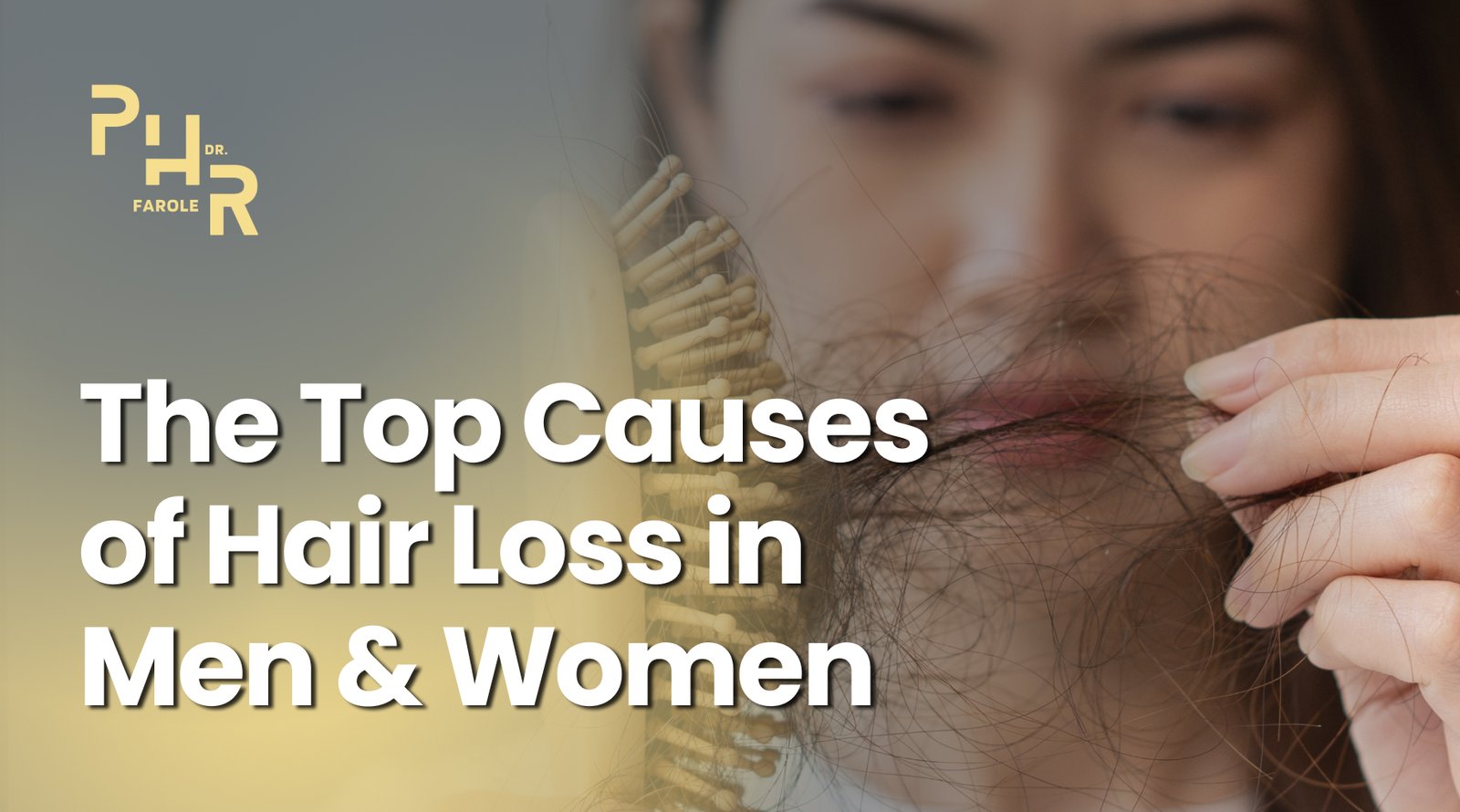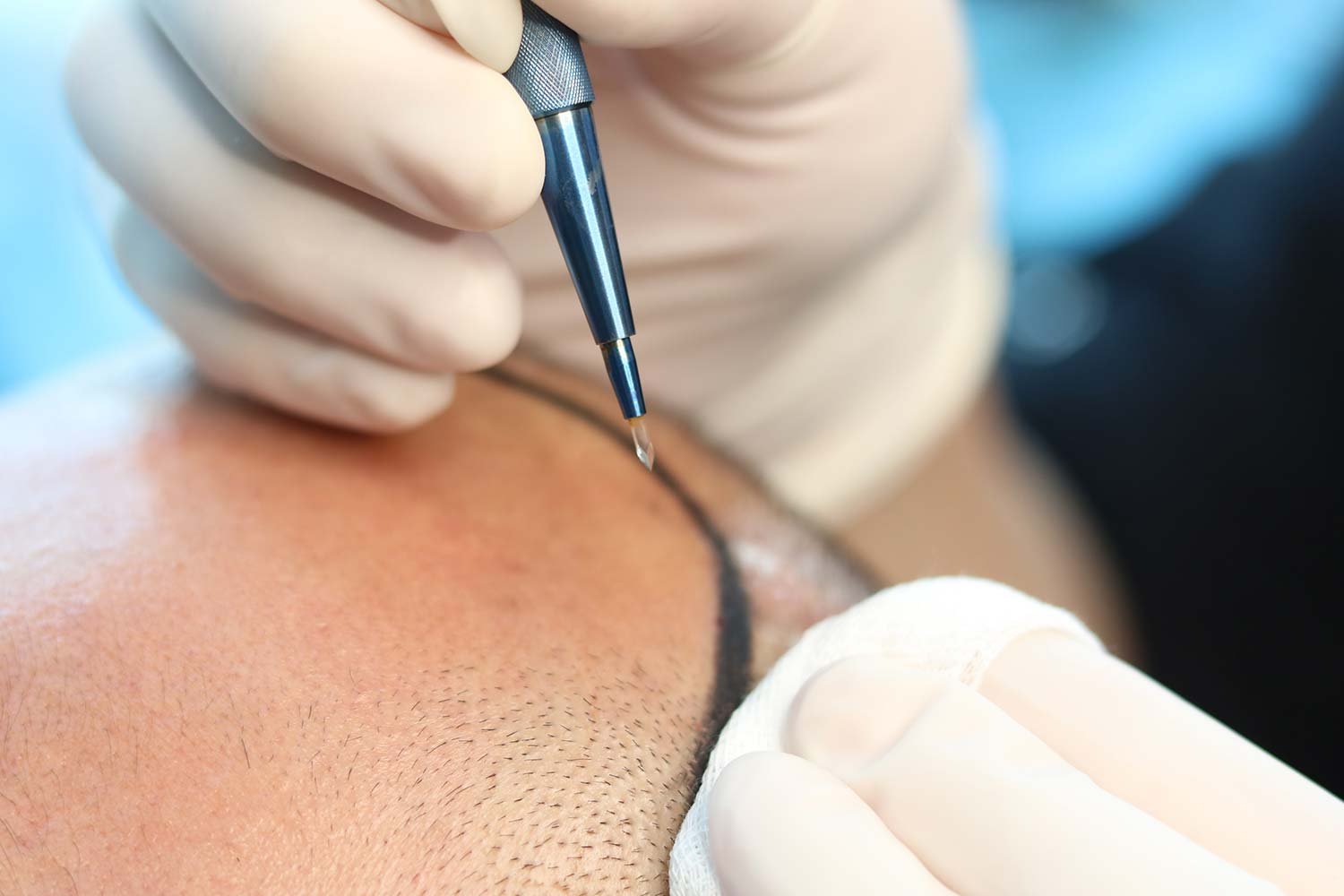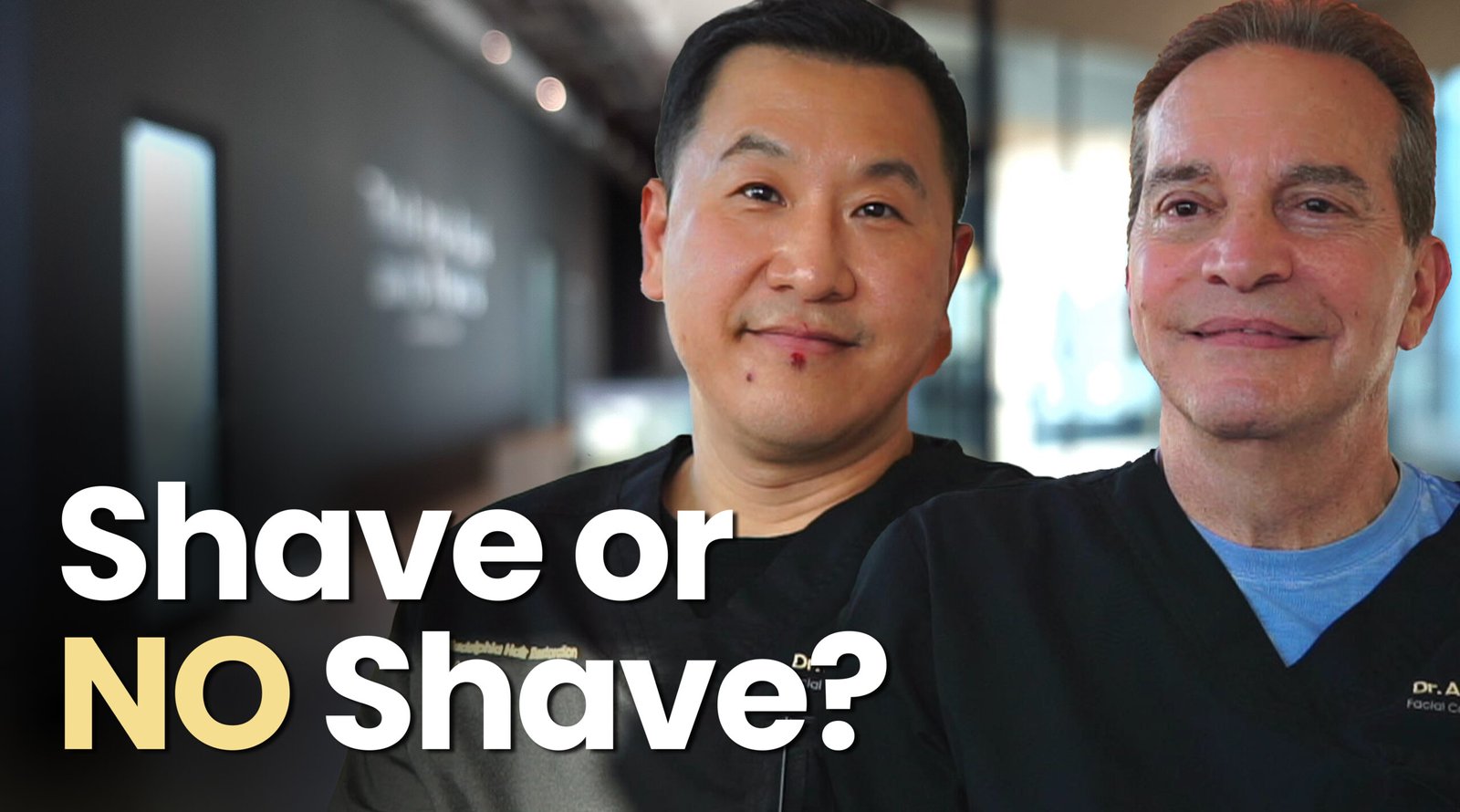While hair transplants offer significant restoration for those experiencing hair loss, undergoing the procedure too early can result in unsatisfactory outcomes. Deciding when to get a hair transplant is crucial, as timing impacts both the effectiveness of the procedure and the satisfaction with the results.
In this post, we aim to answer the question: what is the best age for hair transplant procedures by exploring the factors that influence the best age for a hair transplant, including the extent and pattern of your hair loss, underlying causes, and the stability of your scalp. We’ll also discuss the potential downsides of getting a transplant too early so you can make informed decisions when selecting a hair restoration treatment plan.
To experience the transformative effects of hair restoration, book a hair transplant consultation with Philadelphia Hair Restoration today.
Factors That Determine The Best Age For A Hair Transplant
When deciding on the best age to undergo a hair transplant surgery, the extent of your hair loss, hair thinning, and pattern of baldness should be considered. Your general health and the underlying cause of your hair loss may also determine your suitability for the procedure.
Extent of Hair Loss & Pattern of Baldness
The extent of hair loss and the pattern this baldness follows can determine your eligibility for a hair transplant. Hair restoration specialists look for “patterned baldness” when determining candidacy, which typically manifests as hair loss at the temples and crown. This type of hair loss is predictable and easier to treat with transplants. Individuals who lose hair in a patterned manner are prime candidates for hair transplantation.
Cause of Hair Loss
While genetic baldness, or androgenetic alopecia, is commonly treated with transplants, hair loss due to other factors like medication, stress, or dietary deficiencies may benefit from alternative treatments. It’s essential to consult with a hair restoration specialist to determine the appropriate treatment course.
Stability of Scalp
The stability of the scalp refers to a plateau in hair loss and usually occurs between the ages of 35 and 45. When the scalp becomes stable, hair transplants are more likely to be successful and the risk of future transplants decreases.
General Health & Hair Quality
Healthier individuals with strong hair follicles are more likely to achieve successful outcomes with hair transplants. Age and overall health can affect both the survival and growth of healthy donor hair and transplanted follicles, so it’s important to thoroughly assess your health with a restoration specialist before undergoing the procedure.
How Age Affects Hair Transplant Results
As we age, our hair density and quality can change, impacting the outcomes of a hair transplant procedure, particularly how well the transplanted hair will grow. It’s generally advised to wait until around the age of 30 for a hair transplant procedure, as younger individuals might have more robust hair growth after a transplant.
They also face the risk of future hair loss that could alter initial results. On the other hand, older adults might have more stable hair loss patterns, or male pattern baldness, making it easier to predict and achieve lasting results with a transplant. Successful hair transplant procedures have no upper age limit, provided the individual is in good health and has sufficient viable donor hair follicles, emphasizing the importance of individual health and hair condition in determining suitability for the procedure.
Potential Disadvantages of Getting A Hair Transplant Too Early
Premature hair transplants can lead to unnatural-looking results as ongoing hair loss progresses. Opting for the procedure too early, without stabilizing hair loss, can deplete the donor hair area, limiting future restoration options and potentially leading to thinning hair despite the transplant.
This emphasizes the importance of consulting with a hair transplant specialist to evaluate suitability and consider non-surgical treatments and hair loss medications to prevent further hair loss before undergoing surgery. Changes in hair texture can also negatively impact the initial results.
Unpredictable Future Hair Loss Patterns
Younger individuals may not yet have a fully established pattern of hair loss, and intervening too soon can result in a patchy or unnatural appearance. This unpredictability makes strategic planning more challenging as hair continues to thin or recede in untreated areas.
Limited Donor Hair Availability
Beginning hair restoration procedures at a young age can potentially exhaust the available donor hair, which is taken from the back and sides of the head. When these areas are overused for transplants, they can begin to thin and become unusable for future treatments.
Challenges in Matching Hair Density and Texture
Matching the density and texture of transplanted hair follicles can be particularly challenging when a transplant is done early. As natural hair continues to age and change, the transplanted sections might not adapt similarly, leading to visible differences. This mismatch can affect the overall aesthetic of the hair transplant, requiring additional interventions to achieve a uniform appearance.
Book A Hair Transplant Consultation with Philadelphia Hair Restoration Today
When it comes to the hair loss process, consulting a hair transplant specialist is crucial as each experience depends on various underlying factors and individual restoration goals. It’s important to discuss your medical history, specific hair loss patterns, and surgical options with a hair transplant surgeon to ensure the best course of treatment is determined. Our team of hair restoration specialists at Philadelphia Hair Restoration will help you determine the best course of hair restoration treatment to achieve your desired results.
Don’t wait to transform your look with a hair transplant. Book a consultation today and take the first step toward a new you.




